Friday, 27 February 2026

January 11, 2019 | Nutrition
Every second to third premature cardiovascular death could be prevented by better nutrition, finds a study
For the study, the team evaluated representative data from the Global Burden of Disease Study (GBD) which were collected between 1990 to 2016. Of the 4.3 million cardiovascular deaths in…
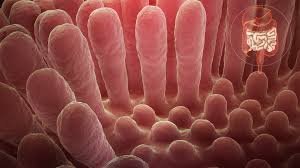
January 4, 2019 | Science News
Food additive may cause coeliac disease, says a research
A bacterial enzyme that is used to improve food texture and shelf-life has been linked in several studies to celiac disease — but it is unlabeled and hidden from public…

December 31, 2018 | Science News
Artificially sugar-sweetened beverages associated with higher kidney disease risk: Study
For their study, the investigators assessed beverage intake through a food frequency questionnaire administered at the start of the study in 2000-04, and they followed participants until 2009-13. Certain beverages…
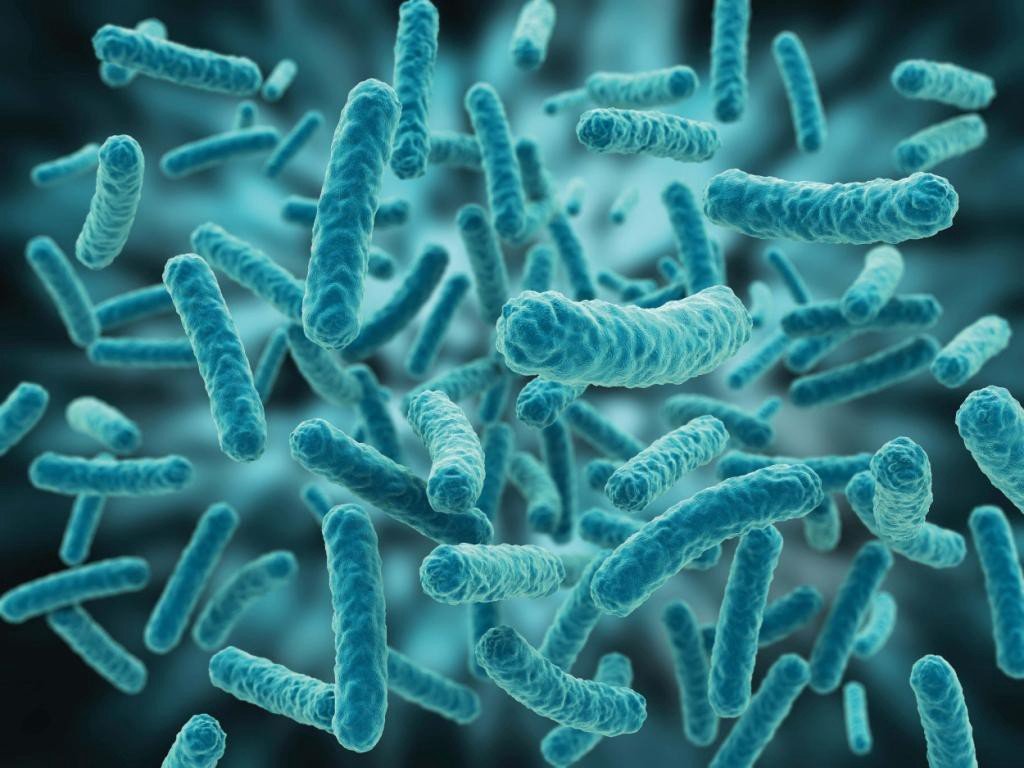
November 27, 2018 | Korea
Lactic Acid Bacteria in Kimchi Reduce Cholesterol in Blood
Animal tests show an increased release of cholesterol in feces and secretion of bile acid in the small intestine. World Institute of Kimchi, which discovers and promotes kimchi’s scientific excellence,…
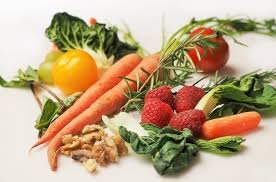
November 12, 2018 | Australia
A healthy diet has mental health and memory function benefits, shows a research
Our tendency to reach for convenience foods, as opposed to the balanced diet, is resulting in many of us not meeting basic dietary requirements and a nation soaring in diet…

November 12, 2018 | Australia
One in 40 gluten free foods contains gluten, reveals a study
The study suggested that almost 3 per cent failed to meet the national food standard. A research done by Walter and Eliza Hall Institute of Medical Research has found that…

October 4, 2018 | Science News
Israel, Singapore researchers reveal more about artificial sweeteners
It was observed that bacteria found in the digestive system, like E. coli, had a toxic response when exposed to concentrations of even only one mg/ml of the artificial sweeteners.…
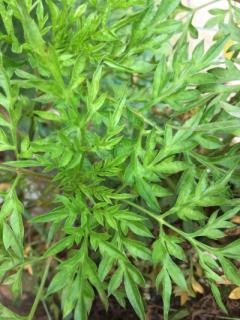
October 3, 2018 | Malaysia
Researchers show anti-diabetic properties for Malaysian herb
Cosmos caudatus, known as Ulam raja (“King’s Salad”) in Malaysia, is an important herb commonly consumed as a raw vegetable that is well-known for its health benefits. Researchers in Malaysia…
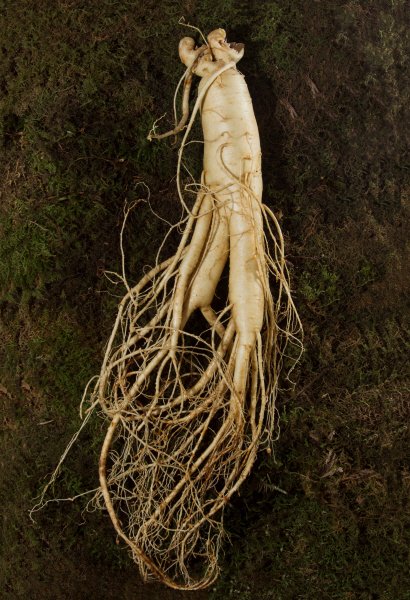
September 10, 2018 | Korea
Korea Ginseng Association certifies Korean Ginseng’s quality
Korean Ginseng was proved in a research in 2002 done by the Chung-Ang University Ginseng Industrial Research Center to have higher levels of the six main active nutrients — G-Rb2,…

September 5, 2018 | Australia
Blue-green algae promises to help boost food crop yields
RIPE Director Stephen Long, Ikenberry Endowed University Chair of Crop Sciences and Plant Biology at the University of Illinois, welcomed the discovery. Scientists at The Australian National University (ANU) have…
Technology
Ingredion Thailand Achieves 100% Sustainably Sourced Cassava
Feb 27, 2026 | Company News
Deakin University and Bellarine Foods Partner to Develop Sustainable Marine-Derived Proteins
Feb 26, 2026 | Australia
Royal Unveils Refreshed Jute Bag Design for 20lb Authentic Basmati
Feb 25, 2026 | Company News
Food Testing
Australian Medical Bodies Push for Compulsory Health Star Labelling
Feb 24, 2026 | Australia
Tim Hortons Singapore Secures Majlis Ugama Islam Singapura Halal Certification Ahead of Ramadan
Feb 23, 2026 | Company News
More Popular
Fagron Acquires Pharmavit Europe for €68Mn to Expand Nutraceutical Portfolio
Feb 27, 2026 | Company News
Arla Foods Invests EUR 300Mn in New Cheese Dairy in Sweden
Feb 27, 2026 | Company News
Beyond Meat Broadens Portfolio Beyond Protein with Sparkling Plant-Based Drink Line
Feb 27, 2026 | Beverages






